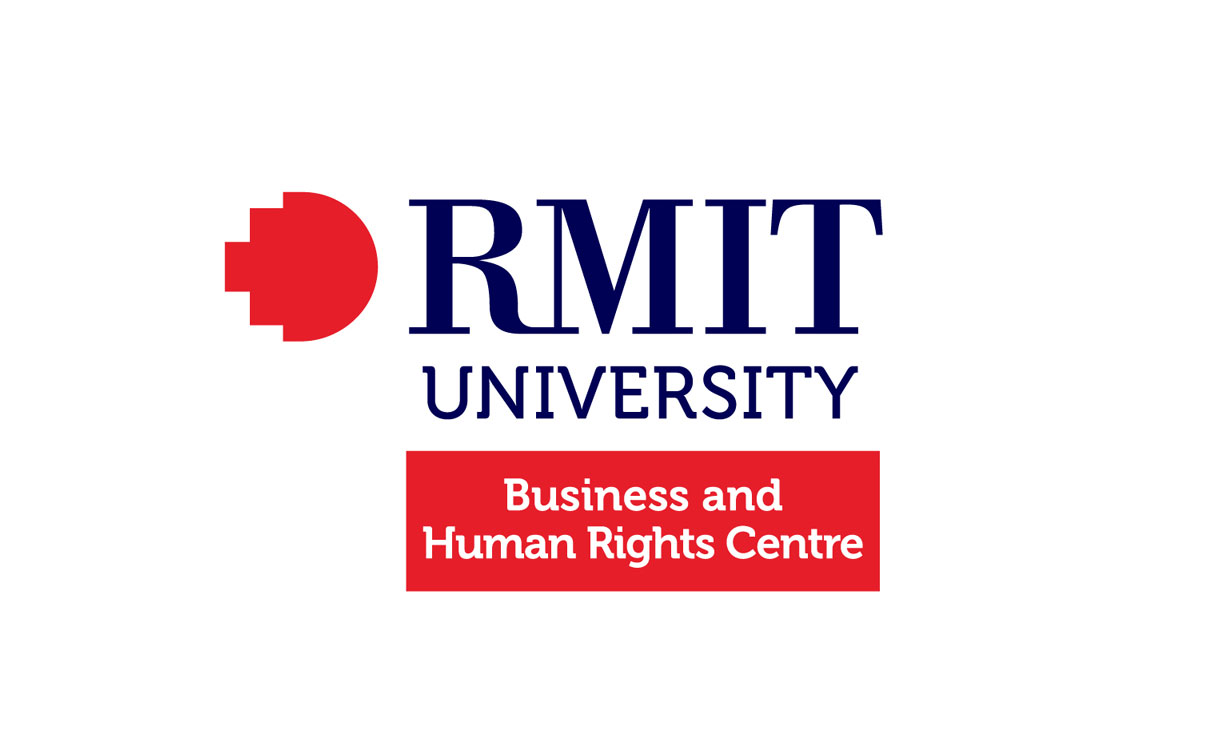Business and Human Rights Centre

At BHRIGHT we proactively participate in law reform and public policy debates and conduct empirical studies to build evidence of human rights and business impact - amplifying the voices of affected communities and workers. We use a range of conceptual frameworks and methods in analysing contemporary problems in business and human rights and develop solutions for a future that is fairer, more equitable and sustainable.
We also run master classes, consultancies and design labs to generate and share innovation as well as train current and future leaders to develop and integrate human rights standards in their respective industry contexts.
BHRIGHT is the first centre for business and human rights in Australia.
Illuminates the role that business plays in critical environmental issues such as climate change, biodiversity and pollution, and the impacts this has on human rights.
Tackles some of the biggest human rights issues emerging from the increasing pervasiveness of tech in our daily lives.
Assesses and advances the potential of the new business and human rights agenda to address gender equality, and intersectional oppression.
The human right to health provides a unique lens through which to tackle major questions of law and social policy pertaining to business conduct.
Addresses the presence of child labour, modern slavery, inequality, the feminisation of work and lack of freedom of association stemming from corporate accountability problems in supply chains.
Examines the various roles and impacts businesses have in situations of armed conflict and peace-building efforts around the world.
Investigates how workers’ lives – and their right to a safe, secure and decent job - are being impacted by new business practices, globalisation, advancing technologies and climate change.
We welcome you to take part in our research efforts.
BHRIGHT has an active academic membership, and we are always interested in hearing from researchers, including HDRs, whose research aligns with the BHRIGHT mission. If you would like to become a member, please email us at bhright@rmit.edu.au.

Director: Jonathan Kolieb
Email: bhright@rmit.edu.au
Read the Centre for Business and Human Rights Capability Statement (PDF 4.6 MB)


RMIT University acknowledges the people of the Woi wurrung and Boon wurrung language groups of the eastern Kulin Nation on whose unceded lands we conduct the business of the University. RMIT University respectfully acknowledges their Ancestors and Elders, past and present. RMIT also acknowledges the Traditional Custodians and their Ancestors of the lands and waters across Australia where we conduct our business - Artwork 'Sentient' by Hollie Johnson, Gunaikurnai and Monero Ngarigo.
Learn more about our commitment to Indigenous cultures